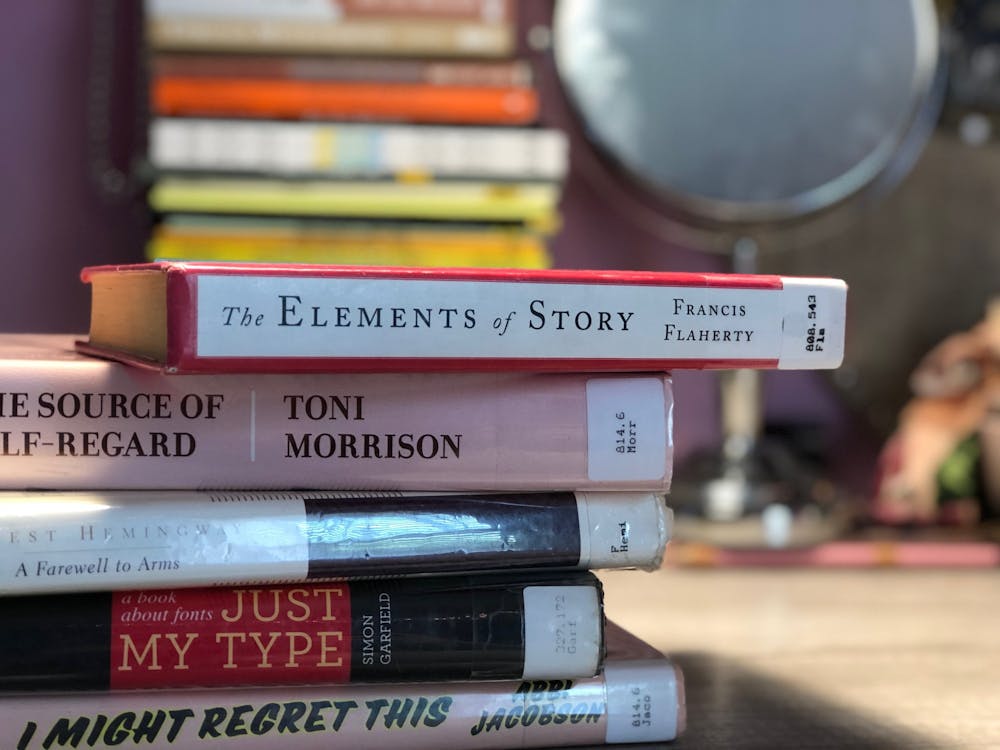CORRECTION: A previous version of this story incorrectly stated that the Chicago Public Library saw a 40% increase in returns over a three-year period after doing away with late fines. The Chicago Public Library saw a 240% increase in returns over a three-week period after going fine-free. The Daily Tar Heel apologizes for the error.
Starting July 1, Chapel Hill Public Library no longer charges overdue fines on late materials in order to build equitable library access, according to a press release by Chapel Hill Town Council.
The change was adopted by the Town Council in the past week as part of the fiscal year 2020-2021 budget.
Under the new policy, users will receive a series of reminders to return the materials before receiving a bill for replacement costs and losing their ability to check out other items. This ability will be restored once the items are returned or paid for.
Jessica Anderson, council liaison to the library advisory board, said in the press release that the late fines have a disproportionate impact on “low-income and traditionally marginalized populations.”
In an interview, Anderson also said eliminating the late fines increases access to resources for communities across different income levels.
“Library fees and fines are not the only area where we are making efforts to ensure that our residents don’t get caught in negative cycles where higher-resourced residents can easily just pay their way out and lower-resourced residents can’t,” she said.
Other considerations include evaluating data on revenue and user experience, said Chapel Hill Public Library Director Susan Brown.
“We have been looking at our revenue numbers from fines for a couple of years, and they've been trending down in general,” she said. “That also means that they make up less and less of a percentage of the overall library and Town budget."




